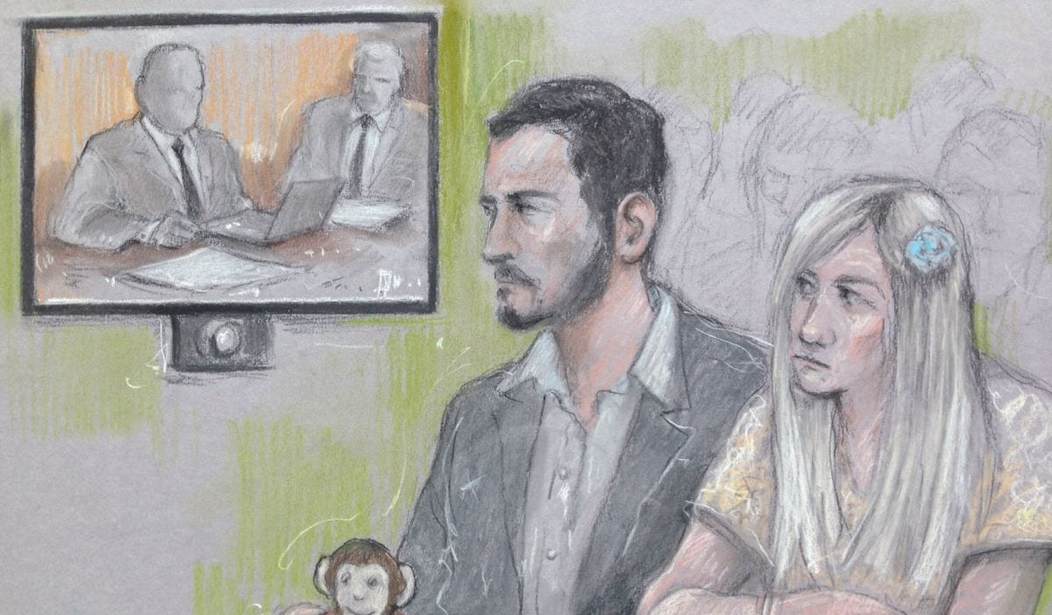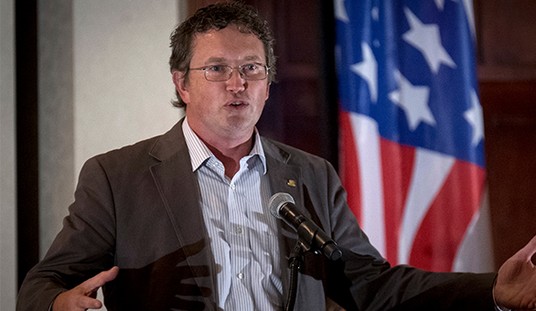We’ve been following the story of Charlie Gard — the 11-month-old in Britain who was diagnosed with infantile onset encephalomyopathy mitochondrial DNA depletion syndrome (MDDS) last year, and whose parents had been fighting a desperate legal battle to get him experimental treatment for which they had gotten over a million U.S. dollars through charitable contributions — for quite a while. Today, we’re at the beginning of the end for Charlie. After having been told it’s now too late for the experimental treatment to help, his parents have withdrawn the appeal.
The parents of the terminally ill British baby Charlie Gard have given up their legal fight over treatment for their son in the United States.
Their lawyer Grant Armstrong told the UK High Court Monday that experts have said that the “window of opportunity no longer exists.”
“For Charlie, it is too late … treatment cannot offer a chance of success,” he told the court.
Charlie’s parents Chris Gard and Connie Yates made their decision following the latest medical reports and scans.
“Dark days lie ahead for these parents … they want to spend time with Charlie,” Armstrong said.
Charlie will probably die before his first birthday as a result of the progress of the disease and withdrawal of life support.
The controversy about Charlie Gard grew from the National Health Service refusing to release Charlie for treatment in the United States, saying it was not in Charlie’s best interests. His parents, Chris Gard and Connie Yates, appealed the decision to the courts, which uniformly ruled against the parents.
After the story became viral, with both President Trump and the pope weighing in to allow Charlie to be treated, the British courts relented to the extent of allowing Charlie to at least be examined by outside doctors. But these doctors confirmed today that Charlie’s condition had progressed to the point that the new treatment would no longer have much chance of success.
Katie Gollop QC, who represented the NHS, was quoted as saying:
“further treatment would leave Charlie in a “condition of existence”.
“There is significant harm if what the parents want for Charlie comes into effect,” she told appeal judges. “The significant harm is a condition of existence which is offering the child no benefit.”
Charlie’s parents expect Charlie to be removed from life support in the very near future. That’s the end of this story, and it establishes the precedent that doctors in the British National Health Service can override parents’ wishes.










Join the conversation as a VIP Member